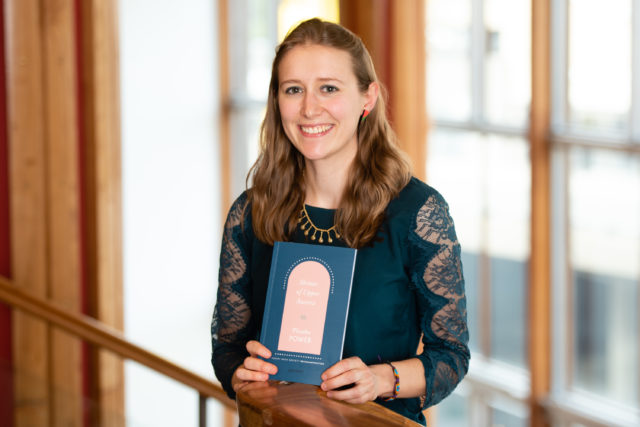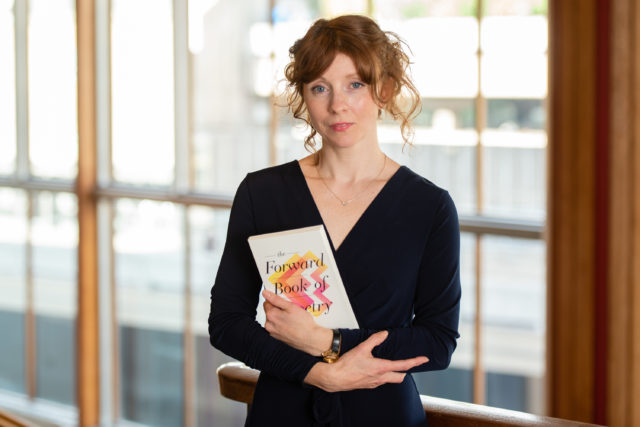Danez Smith becomes youngest best collection winner at Forward Prizes for Poetry
The writer was celebrated for Don’t Call Us Dead.

Danez Smith has become the youngest writer to win the best collection prize at the Forward Prizes for Poetry.
The writer, 29, was celebrated for writing “poetic dynamite” while drawing on the experience of being black, gender-neutral and HIV positive in the American midwest.
Smith, who is the first winner to use the pronoun they, picked up a £10,000 prize for their collection Don’t Call Us Dead in a ceremony at Queen Elizabeth Hall at London’s Southbank Centre.
They said: “I hope someone out there will see my work – my black, queer loud-mouth work on this platform – and recognise the worthiness in themselves.”
The £5,000 Felix Dennis prize for best first collection went to Phoebe Power for her Shrines Of Upper Austria, an extended exploration of the culture and environment of her grandmother’s homeland, while the best single poem prize of £1,000 went to Liz Berry for The Republic Of Motherhood, which addresses the experience of being a new mother.

The Forward Prizes for Poetry celebrate the best new poetry published in Britain and honour both established and emerging writers.
Critic and broadcaster Bidisha, chair of the Forward Prizes jury, said: “The work of the three winners, taken together, speaks of poetry’s power to bear witness, express new ways of seeing, and apply itself with endless versatility.

“At a time when poetry sales are growing, the jury’s choices illuminate the capacity of contemporary poets to find public words for matters of intimate importance and political urgency.”
Discussing Smith’s work, Bidisha said: “The tight lyrical poems in Don’t Call Us Dead feel utterly contemporary, and exciting.
“Showing an astonishing formal and emotional range and a mastery of metrical, musical language, Smith’s finely crafted poetry makes us look anew at the intertwined natures of politics and sexuality and stands as a powerful warning: this is what’s happening, be alert, pay attention.”





